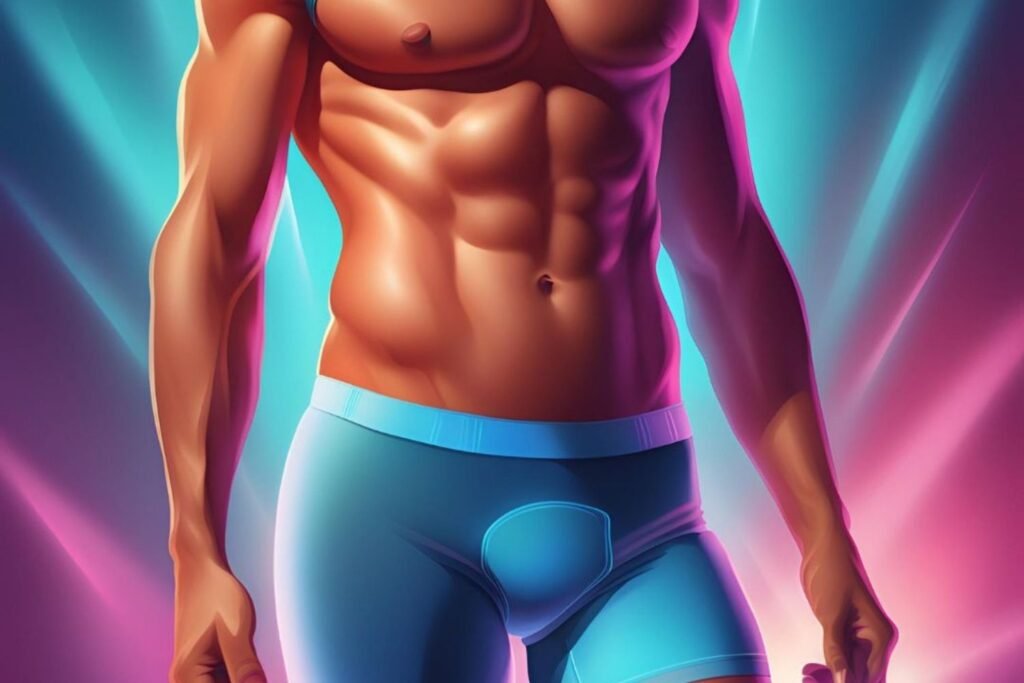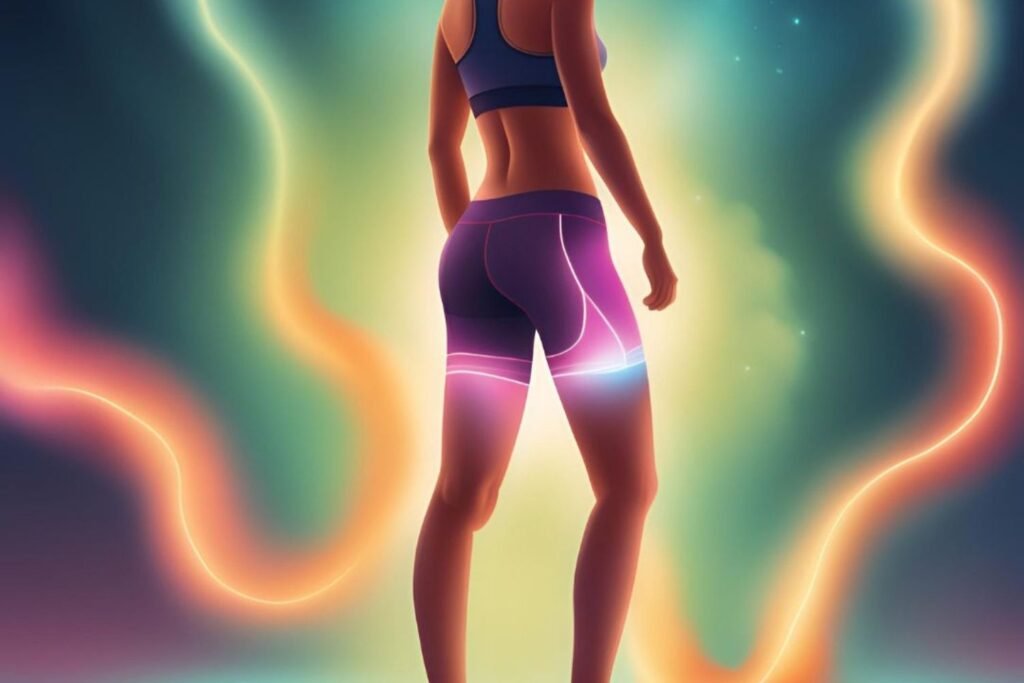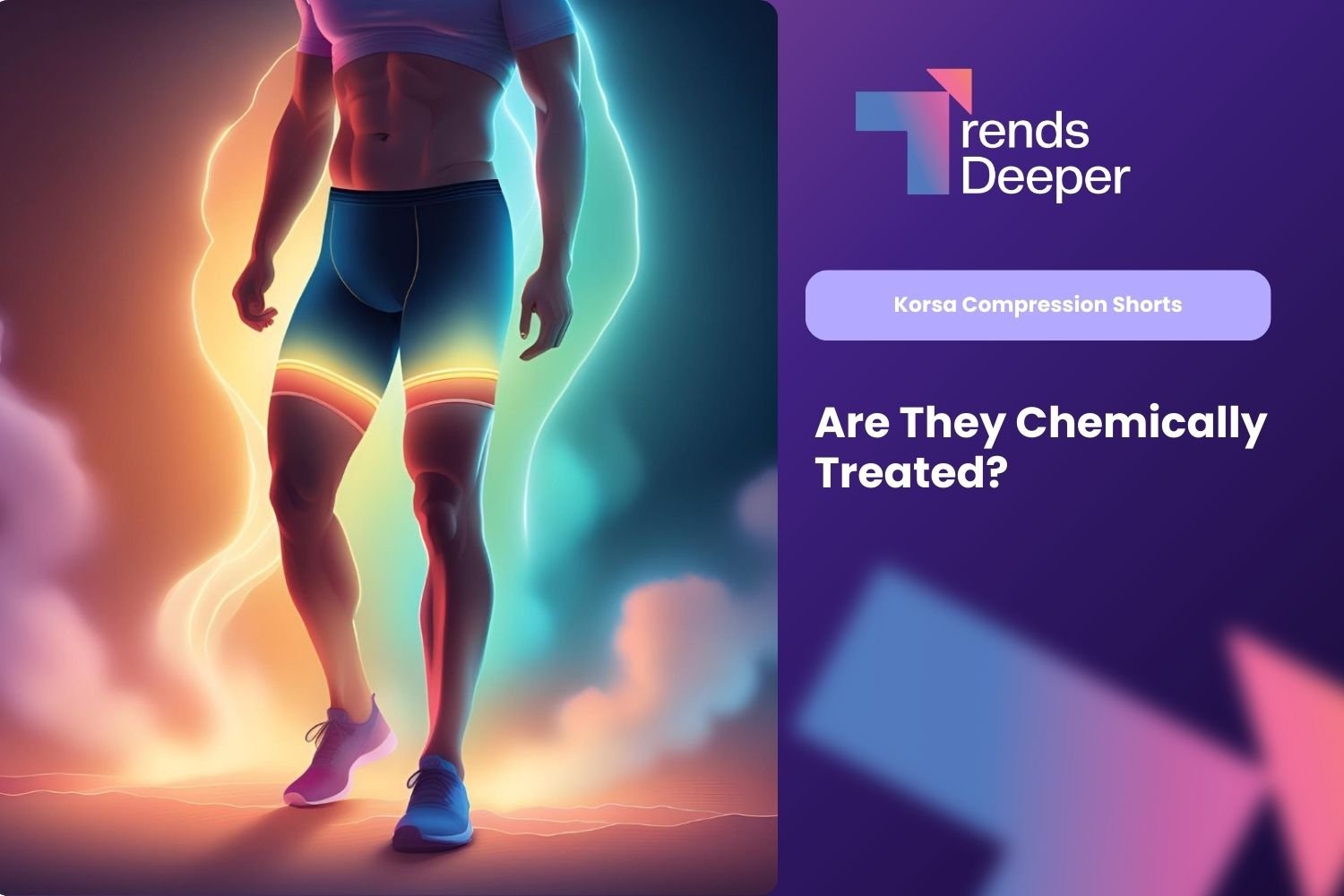In the ever-evolving world of athletic wear, compression shorts have become a staple for athletes and fitness enthusiasts alike. With brands continuously competing to offer the best performance-enhancing gear, Korsa has quickly gained attention.
But a question that has surfaced among consumers is whether Korsa compression shorts are chemically treated—a topic that sparks both curiosity and concern for those mindful of what goes into their clothing.
Korsa, known for its sleek design and comfort-driven approach to sportswear, has marketed its compression shorts as a high-performance product, catering to athletes looking for support, muscle recovery, and enhanced circulation during their workouts.
But as consumers become more aware of fabric treatments and potential chemical additives in their clothing, they are asking more questions about what goes into the gear they wear daily.
One common feature of many modern compression garments is the use of advanced fabric technologies.
Many athletic brands, including Korsa, claim moisture-wicking and anti-odor properties in their products, which are often achieved through chemical treatments. This process might involve the use of hydrophilic coatings that draw moisture away from the skin or antimicrobial solutions that prevent bacteria buildup, thereby reducing odor.
Eric, a 29-year-old marathon runner who has used Korsa gear for over a year, shared his thoughts on the brand’s performance.

“When I first started wearing Korsa compression shorts, I noticed how well they managed sweat. During long runs, they keep me dry, and there’s no funky smell afterward,” he says. “I’ve tried a lot of different brands, but Korsa feels like it’s designed for athletes who really push their limits.”
The benefits Eric describes are indicative of common fabric treatments, but this has led some to wonder whether these innovations come with downsides.
In recent years, some consumers have expressed concerns about potential chemical exposure through fabrics, especially those treated with synthetic compounds.
The rise of “clean” and eco-friendly fashion has only heightened these worries, leading many to seek transparency from brands about their production processes.
Korsa has been relatively quiet on whether their compression shorts are chemically treated, leading some consumers to speculate.
Athletic apparel brands often use a combination of synthetic fibers, like polyester or spandex, which may be treated with chemicals to enhance durability and performance.
These treatments can vary widely, from basic moisture-wicking solutions to more complex antimicrobial finishes designed to extend the life of the fabric and improve user comfort.
Despite the lack of public detail from Korsa on specific treatments, many in the athletic community continue to wear the brand without hesitation.
Jessica, a yoga instructor, offered her perspective, “I’ve been using Korsa for a while, and I appreciate the comfort. I think most brands use some kind of treatment in their fabrics nowadays to enhance functionality, but I haven’t had any issues.”

However, health experts suggest that athletes, particularly those with sensitive skin or allergies, may want to be cautious about chemical treatments in sportswear.
Repeated exposure to certain chemicals could cause skin irritation or allergic reactions for some people, though it’s important to note that most fabric treatments are considered safe for general use. The bigger conversation is around the long-term environmental impact of such treatments, with some consumers shifting toward brands that commit to sustainable practices.
A review of Korsa’s website and product descriptions reveals a focus on performance, but little mention of eco-friendly or chemical-free fabrics.
This contrasts with other athletic brands that have started to market transparency regarding their use of natural dyes, organic materials, or non-toxic fabric treatments.
Athletes like Eric and Jessica, however, are focused on how the shorts help them perform rather than potential fabric treatments. “At the end of the day, I wear what works,” Eric says. “If Korsa helps me run better, that’s what matters. But I do hope more brands, including Korsa, become more transparent about their materials.”
As Korsa’s popularity grows, especially in competitive sports, more athletes may push for greater disclosure about fabric treatments. With the demand for eco-friendly and “clean” sportswear rising, it’s likely that companies like Korsa will eventually have to address these concerns head-on.
For now, consumers will continue to enjoy the performance benefits of Korsa compression shorts, even if the debate over chemical treatments remains unresolved.


